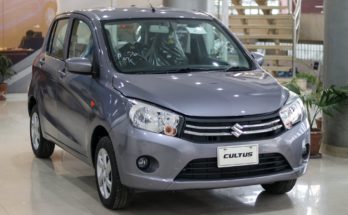Pakistan’s auto industry which has been dominated by a few key players has remained in its infancy despite more than 3 decades of presence and never-ending protection & support offered to it by the government.
Despite being the 5th most populous country in the world, the local auto industry has yet never been able to tap the true potential of the market. Over all these years, the local assemblers have barely managed to go past 250,000 units in a year which results in a very low vehicle ownership ratio which is a deplorable 168 out of 190 countries.
Related: Has Pakistan’s Auto Policy Benefited the Masses?
For the sake of comparison, Thailand has a population of around 69 million, which is almost three times less than Pakistan, but it rolls out 2 million units annually while exporting a handsome 1 million units and ranks in 11th place in terms of volume among vehicle manufacturing countries. On the other hand, local assemblers consistently ascribe a variety of causes for their lack of progress. But one of the biggest complaints you would have heard from any local assembler is always about imported secondhand cars.
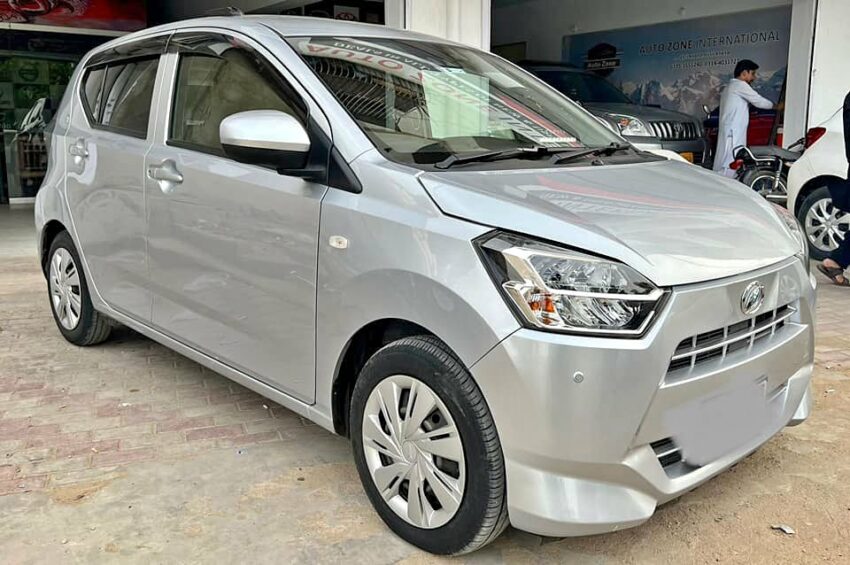
In reality, however, someone with an iota of understanding will be able to tell you that the main problem behind the lack of progress of local assemblers is the lack of genuine localization, heavy reliance on imported kits & components, inefficient capacity utilization due to which demand always remain higher than supply, the menace of premium/ on-money in which authorized dealerships are directly involved, and unavailability of the right products targeted towards the right buyers.
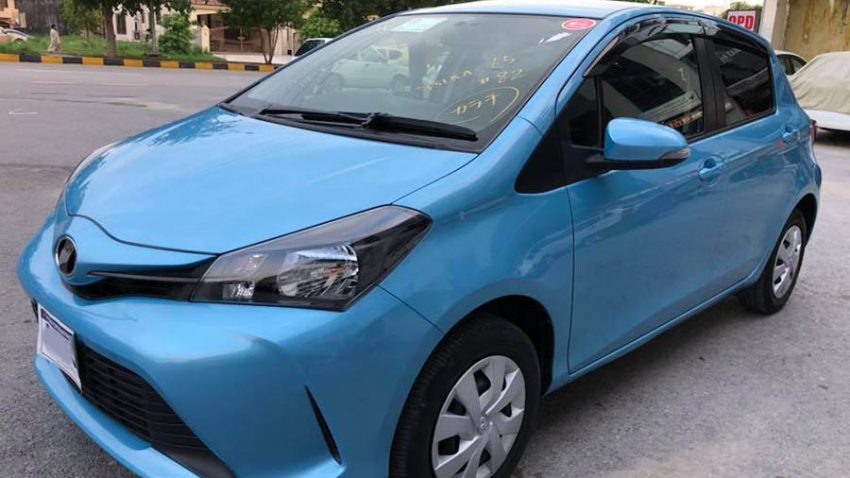
The funny thing is, despite the fact that local assemblers always accuse used imports of being a threat, data shows that up to 90% of used imports were 1000cc or smaller cars, and up to 70% of those were 660cc kei cars. This is something never on the menu of local assemblers as apart from Pak Suzuki, no established player has ever introduced hatchbacks in Pakistan to compete with Suzuki. So how can something that never poses a challenge to the products offered by local assemblers in terms of price or market segment can be a threat to them?
Related: Why JDM Cars Are Considered a Threat to Local Assembled Ones
There are however other reasons why used imported cars are considered a threat to locally assembled ones. Imported cars despite being sold without any warranty or after-sales support are actually well built, have better fit and finish, have better specs & equipment on offer, are safer with active & passive safety systems, and most importantly up-to-date models compares to what is being sold locally in the name of new which is often obsolete, feature-ripped, lousy built quality, and lack of safety & equipment against a ridiculously high price tag.
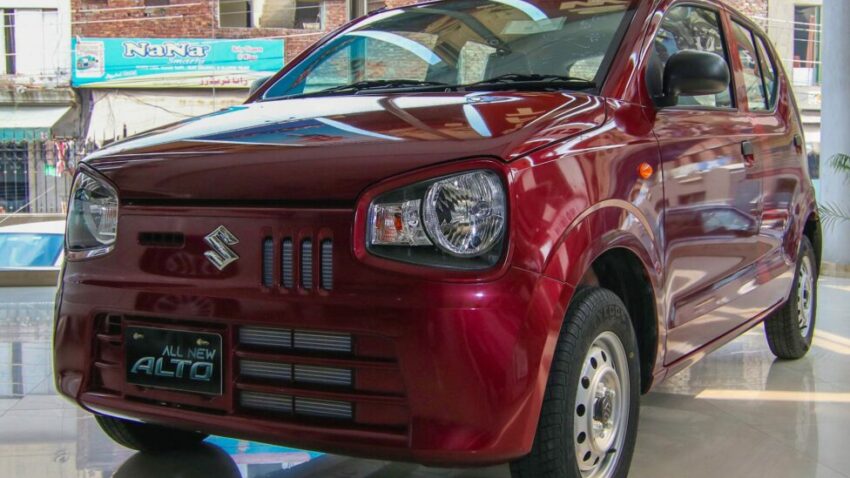
Sales of locally assembled cars were cut to half in the recently concluded FY23 primarily due to import restrictions imposed by the State Bank of Pakistan which affected vehicle production, stringent car financing with interest rates climbing up to a whopping 22%, and outrageously high car prices due to depreciating currency value.
Related: How Viable is Car Financing Today?
Even once the import restrictions have been completely relaxed, analysts believe that it is likely that industry sales would remain restrained during the next couple of years. The current situation also illustrates that the government’s and industry’s ambitious goal of increasing the local auto market to 500,000 units by FY26 will be challenging to attain due to the sluggish demand, especially from middle-class consumers.
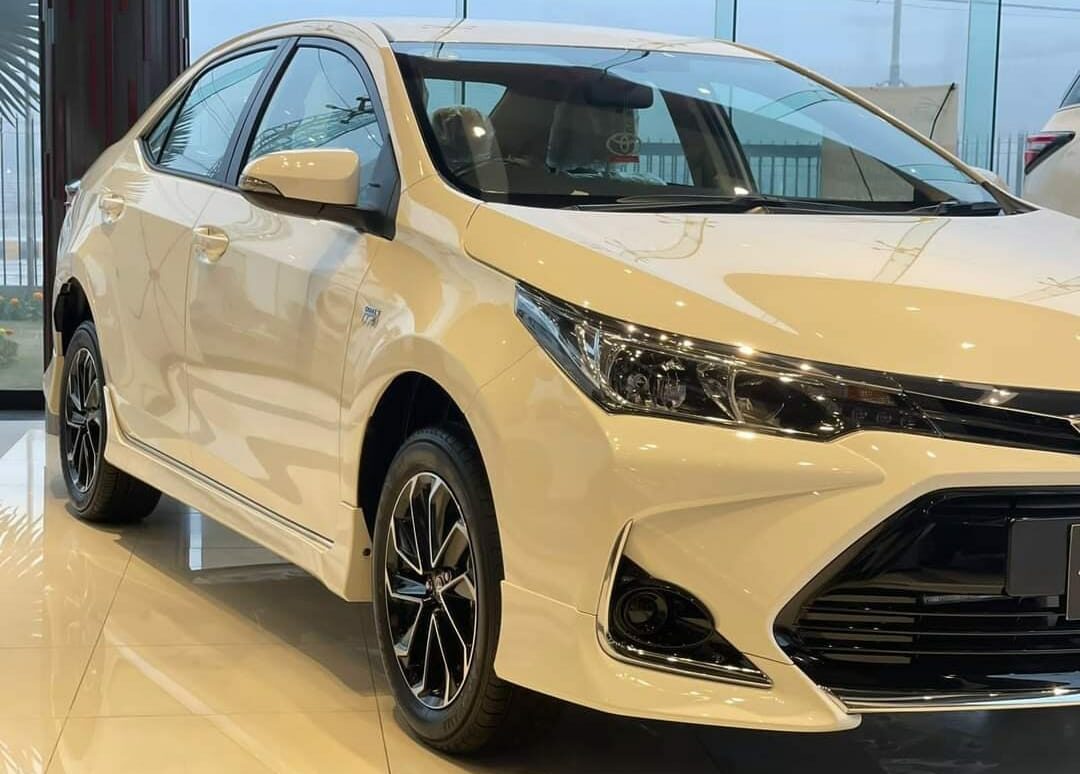
The auto industry is dealing with a severe long-term issue in addition to the continued fall in sales. The reasons behind this are self-evident. Assemblers are not bothered to localize their products and reduce costs to increase the market size, or to expand into the export market to join the vast global supply chain, because of the protection that ensures them guaranteed sales and enormous profits.
Related: Are New Automobiles Only for the Wealthy and Resilient?
For far too long, the government has ignored calls for the growth of a competitive market, which would make it easier for people to transition from two-wheelers to small automobiles and from small cars to bigger ones. Local assemblers who are entirely reliant on imports will never position themselves to meet the demands of Pakistani consumers, particularly the middle class, without genuine competition that compels them to localize and join the global supply chain.
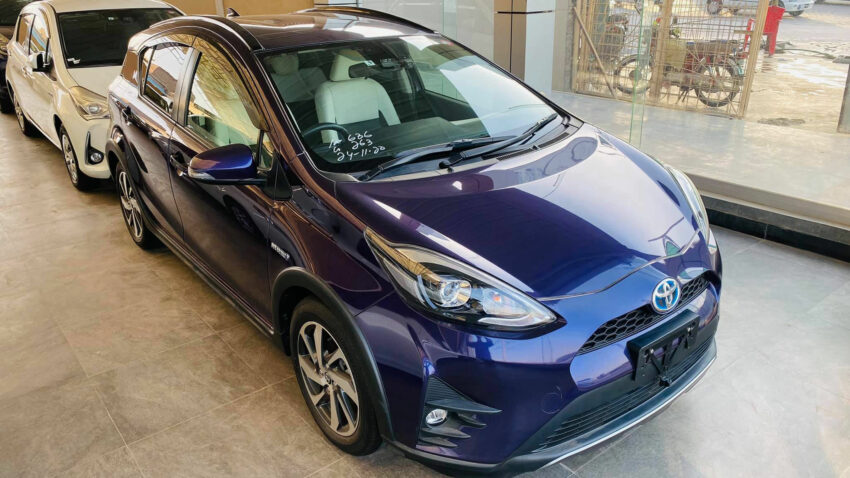
In the interim, used imports serve only as a healthy source of competition for local manufacturers, keeping them on their toes. In addition, the prices of new domestically assembled cars have always been kept in check in part by the availability of used vehicles. Therefore the assemblers’ resentment of used imported automobiles is quite understandable.

A computer animation professional with over 23 years of industry experience having served in leading organizations, TV channels & production facilities in Pakistan. An avid car enthusiast and petrolhead with an affection to deliver quality content to help shape opinions. Formerly written for PakWheels as well as major publications including Dawn. Founder of CarSpiritPK.com


